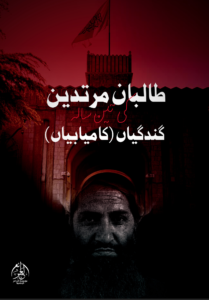
Click the following link for a safe PDF copy: The Islamic State’s Wilāyat Khurāsān — Three Years of the Ṭālibān’s Apostates’ Filth
__________________
Source: RocketChat

Click the following link for a safe PDF copy: The Islamic State’s Wilāyat Khurāsān — Three Years of the Ṭālibān’s Apostates’ Filth
__________________
Source: RocketChat
For prior issues see: #40, #39, #38, #37, #36, #35, #34, #33, #32, #31, #30, #29, #28, #27, #26, #25, #24, #23, #22, #21, #20, #19, #18, #17, #16, #15, #14, #13, #12, #11, #10, #9, #8, #7, #6, #5, #4, #3, #2, and #1.
—

Click the following link for a safe PDF copy: The Islamic State’s Wilāyat Khurāsān — Voice of Khurāsān #41
______________
Source: RocketChat
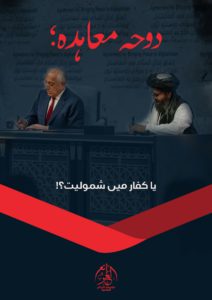
Click the following link for a safe PDF copy: The Islamic State’s Wilāyat Khurāsān — Doha Agreement or Joining Infidels!
________________
Source: RocketChat
For prior issues see: #2 and #1.
—
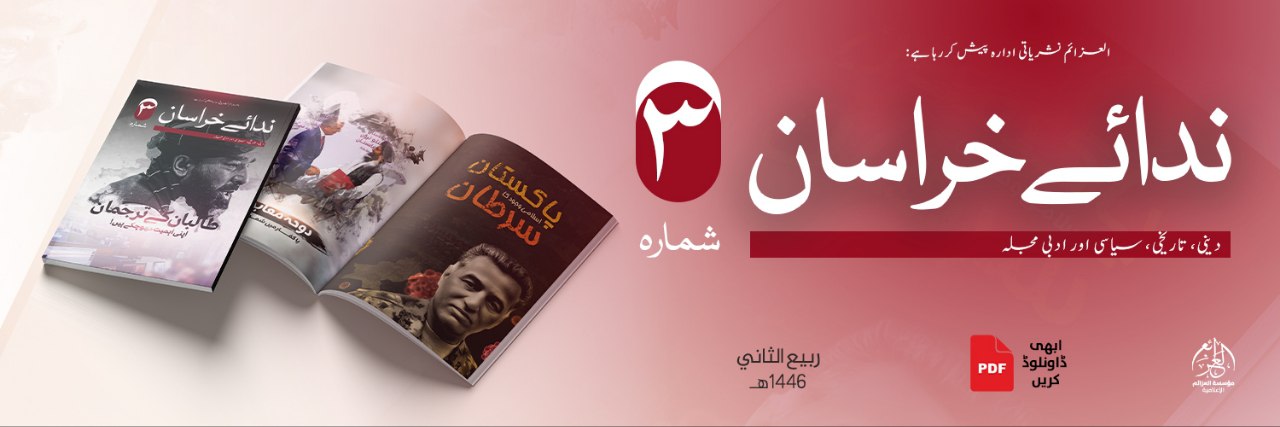
Click the following link for a safe PDF copy: The Islamic State’s Wilāyat Khurāsān — “Voice of Khurāsān #3 (Ur)
_________________
Source: RocketChat
For prior issues see: #39, #38, #37, #36, #35, #34, #33, #32, #31, #30, #29, #28, #27, #26, #25, #24, #23, #22, #21, #20, #19, #18, #17, #16, #15, #14, #13, #12, #11, #10, #9, #8, #7, #6, #5, #4, #3, #2, and #1.
—

Click the following link for a safe PDF copy: The Islamic State’s Wilāyat Khurāsān — Voice of Khurāsān #40
________________
Source: RocketChat
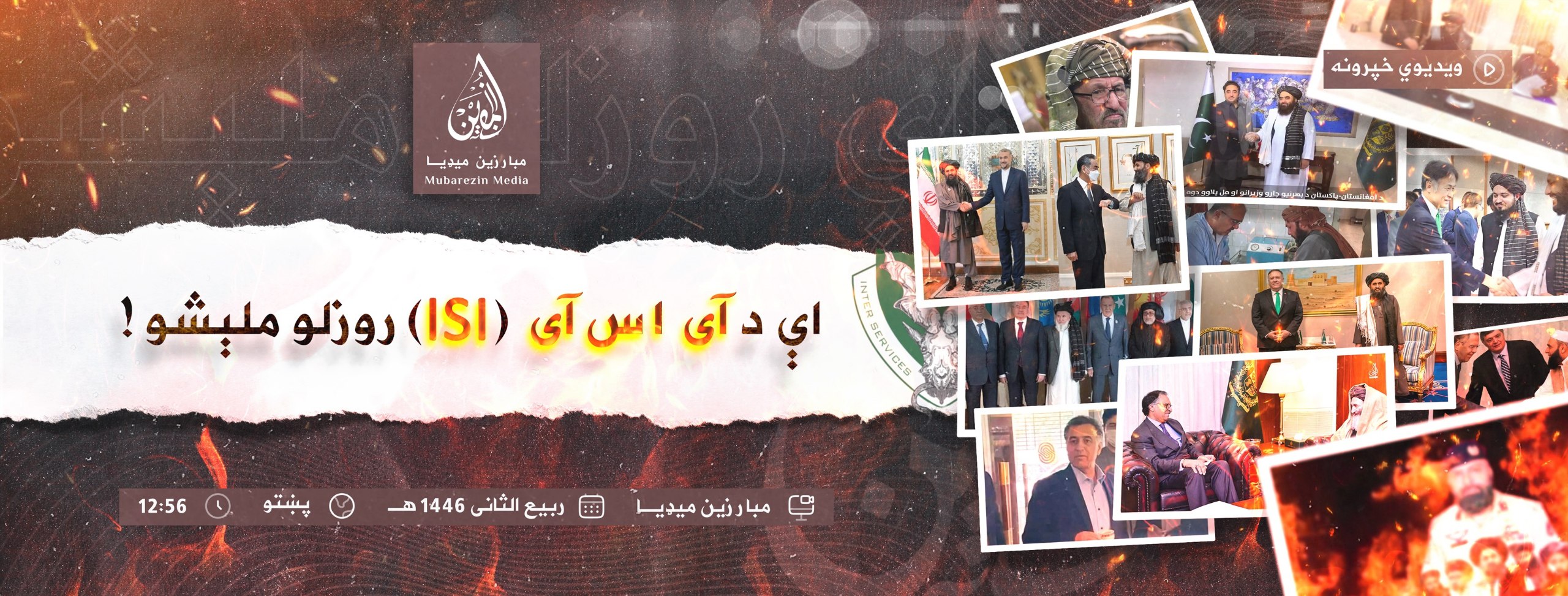
__________________
Source: RocketChat
—
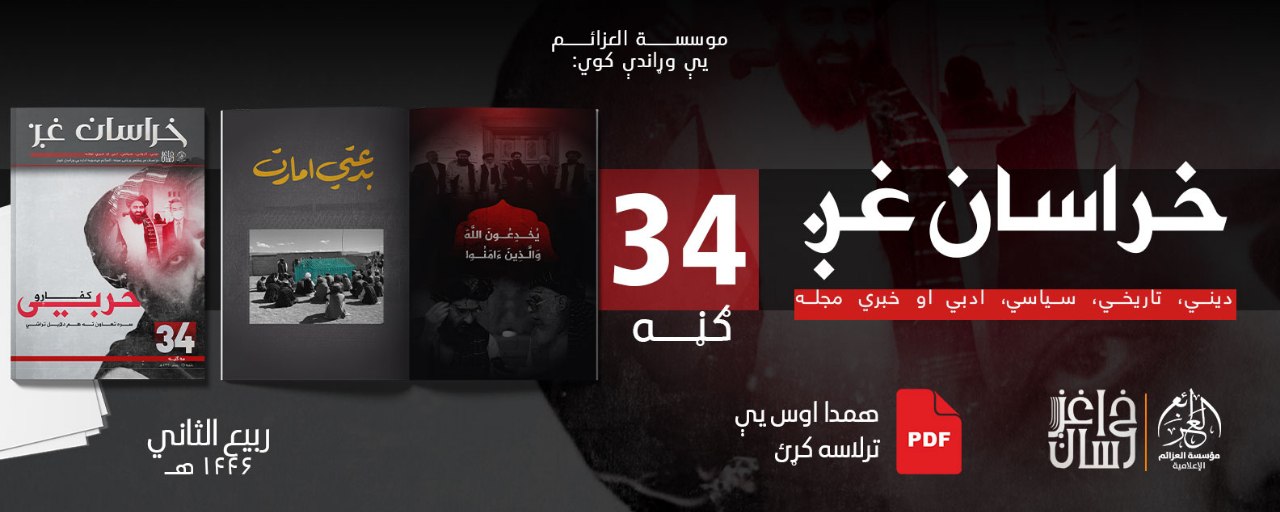
Click the following link for a safe PDF copy: The Islamic State’s Wilāyat Khurāsān — “Voice of Khurāsān #34 (Pashto)
_________________
Source: RocketChat

_________________
Source: Telegram

Click the following link for a safe PDF copy: The Islamic State’s Wilāyat Khurāsān — Giving Vindication To the Infidels and Inviting Them To Fight Against the Islamic State
_________________
Source: RocketChat
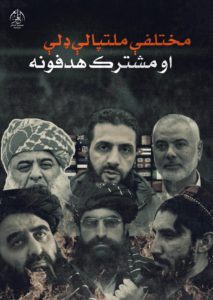
Click the following link for a safe PDF copy: The Islamic State’s Wilāyat Khurāsān — Various Nationalist Groups and Their Common Goals
_________________
Source: RocketChat